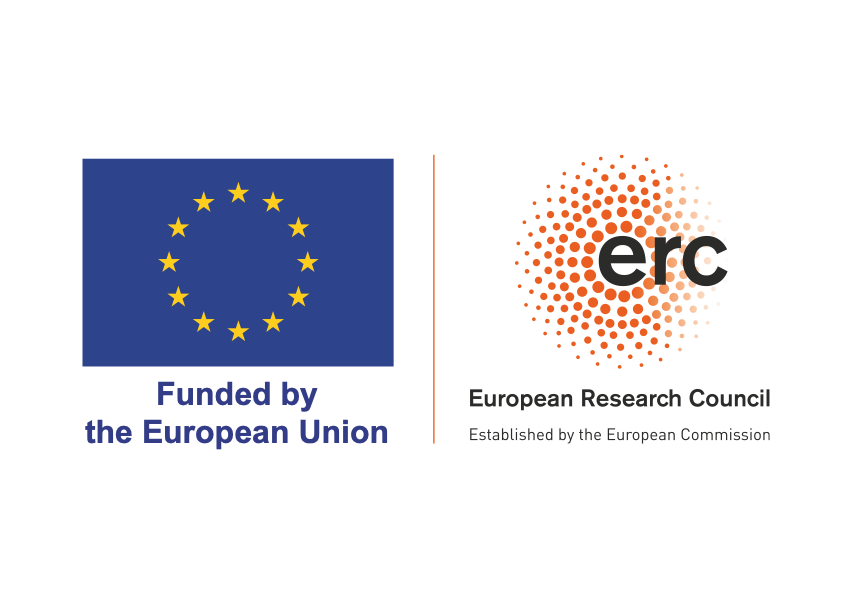Cryptography
Surfing safely - despite quantum computers

New encryption techniques need to be tested now in order to continue surfing the internet securely in the future - Prof. Tibor Jager is testing what these could look like in a new ERC project // Photo Colourbox
Today, cryptography - the science of encrypting and decrypting information - protects our (digital) communication, our health data, critical infrastructures and our privacy. However, many of the cryptographic methods currently in use could be cracked by quantum computers in the future. "Cryptography is so secure because it uses mathematical methods to encrypt messages that would take today's computers centuries to decrypt. With quantum computers, this situation changes because they can use completely different computing methods than normal computers and can therefore crack cryptography much faster, possibly within a few minutes," explains Tibor Jager, Professor of IT Security and Cryptography at the University of Wuppertal.
More background on the topic of quantum computers
The future of the internet is being put to the test: quantum computers could override today's encryption systems. Prof Tibor Jager is researching cryptographic processes at the University of Wuppertal that will still be secure tomorrow - and is training specialists for this challenge. In the Bergisch transfer story "Game over" for Internet security?, he provides insights into his work and explains where the development of quantum computers currently stands.
With his REALCRYPT project, he wants to work on solutions to this challenge and make them applicable: "We need to convert our systems to so-called post-quantum secure processes. That sounds simple, but is extremely difficult in practice."
What's behind REALCRYPT
On the one hand, many new cryptographic methods have not yet been sufficiently tested and could prove to be insecure. On the other hand, it is technically and organisationally extremely complex to completely replace proven and widely used security protocols that are used to ensure the security of data, networks and systems. This is where the REALCRYPT project comes in, for which the scientist is receiving funding totalling 150,000 euros from the European Research Council.
"In cryptography, the path from basic research to practical application is very short, and new theoretical findings can often very quickly lead to concrete improvements in practice. REALCRYPT continues the research from my ERC project REWOCRYPT. There we developed new techniques 'on paper and with a pencil'. In REALCRYPT, we will now make these techniques usable in practice," explains Jager. This involves so-called hybrid methods that combine classical and post-quantum secure methods in order to achieve the best possible security.
A particularly innovative approach is to combine not only individual building blocks, i.e. mathematical methods such as digital signatures or other methods for concealing data such as key transport methods (KEM), but also entire protocols. This makes it possible to increase security without having to redesign functioning systems from scratch. One example that also plays a role in the project is the well-known VPN protocol WireGuard, which should also be able to withstand future requirements with the help of a corresponding extension. These "protocol combiners" are being analysed in the project together with the Rosenpass e.V. open source initiative. This allows real-life application scenarios to be tested directly, in which security, performance and user-friendliness are considered together.
Basic research meets practice
Tibor Jager is particularly looking forward to the collaboration. It is made possible by a special funding programme from the European Research Council. "What I particularly appreciate about the Proof of Concept programme is the opportunity to bring research results from basic research directly into practice. The PoC allows new ideas to be trialled before they are adopted in large systems or even standards," says Jager. "Rosenpass is a strong partner for integrating the results of our research directly into critical Internet infrastructure. The association and its project of the same name set standards in the provision of post-quantum secure methods for data transmission and also work with state-of-the-art cryptographic techniques themselves. We complement each other perfectly in terms of expertise."
This is also confirmed by Karolin Varner from Rosenpass e.V.: "The joint project with the University of Wuppertal is a real stroke of luck! Our goal is to provide a robust and open infrastructure made in Europe. The technologies required for this are available, but most of them are not yet suitable for regular use in practice. By working with Professor Jager, we can take an important step towards turning his scientific lighthouse projects into real innovation drivers for the European IT landscape."
The project partners emphasise that REALCRYPT is therefore particularly concerned with making the transition to a more secure digital future feasible and accessible.
More about the European Research Council
The European Research Council (ERC), founded by the European Union in 2007, is the most important European funding organisation for excellent frontier research. It funds creative researchers of all nationalities and ages who carry out projects throughout Europe. The ERC offers four central funding programmes: Starting Grants, Consolidator Grants, Advanced Grants and Synergy Grants. With its additional Proof of Concept Grants programme, the ERC helps grantees to bridge the gap between their ground-breaking research and the early stages of its commercialisation.
Prof. Jager has already received an ERC Starting Grant for his previous project REWOCRYPT, which he can now follow up with funding in the ERC Proof of Concept programme with REALCRYPT.
480 applications were received for the Proof of Concept Grant in the current funding round. 150 projects in 21 EU member states and associated countries were selected for funding.

